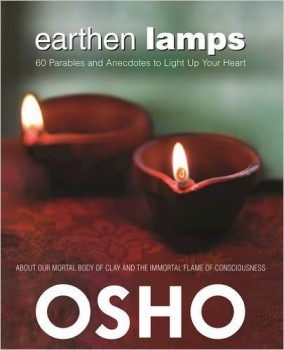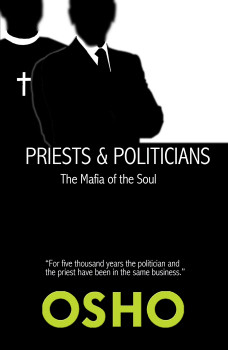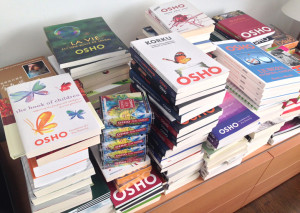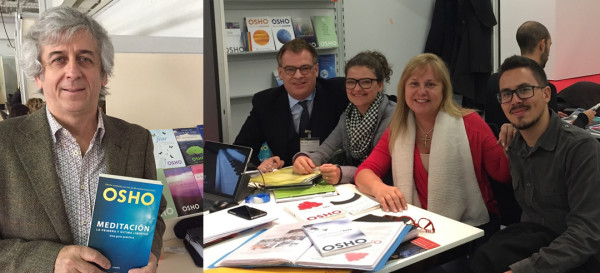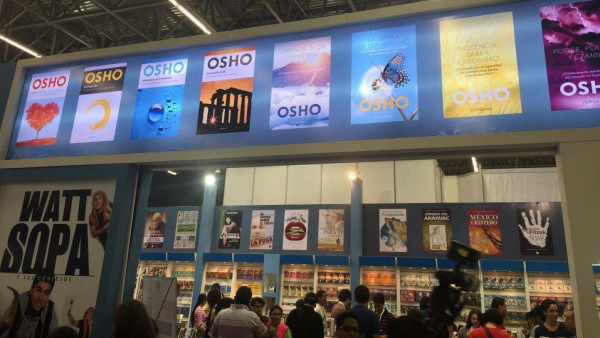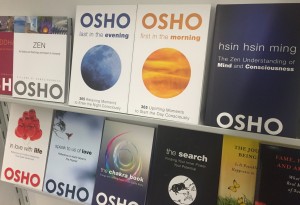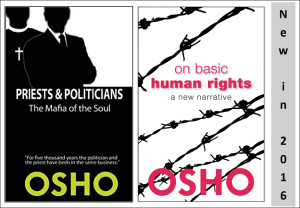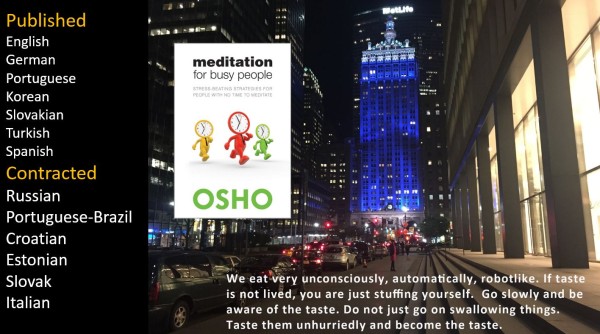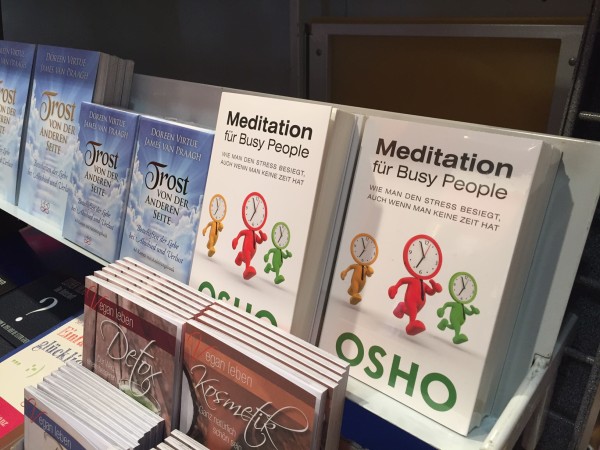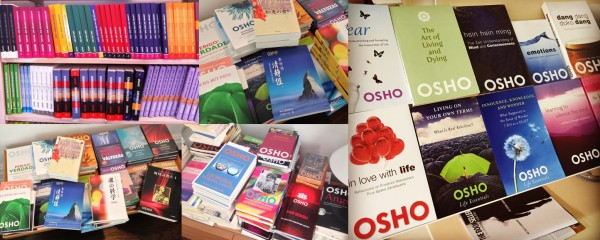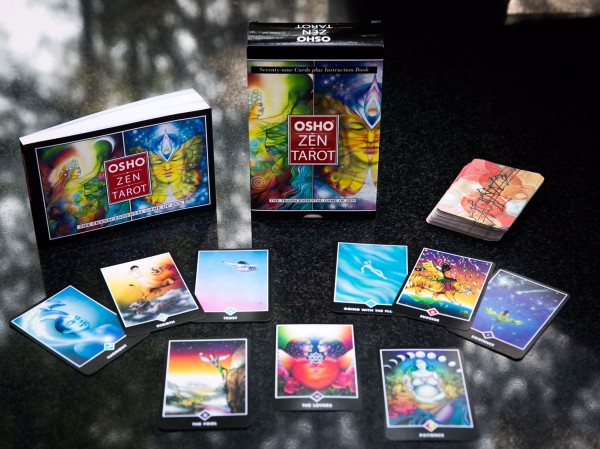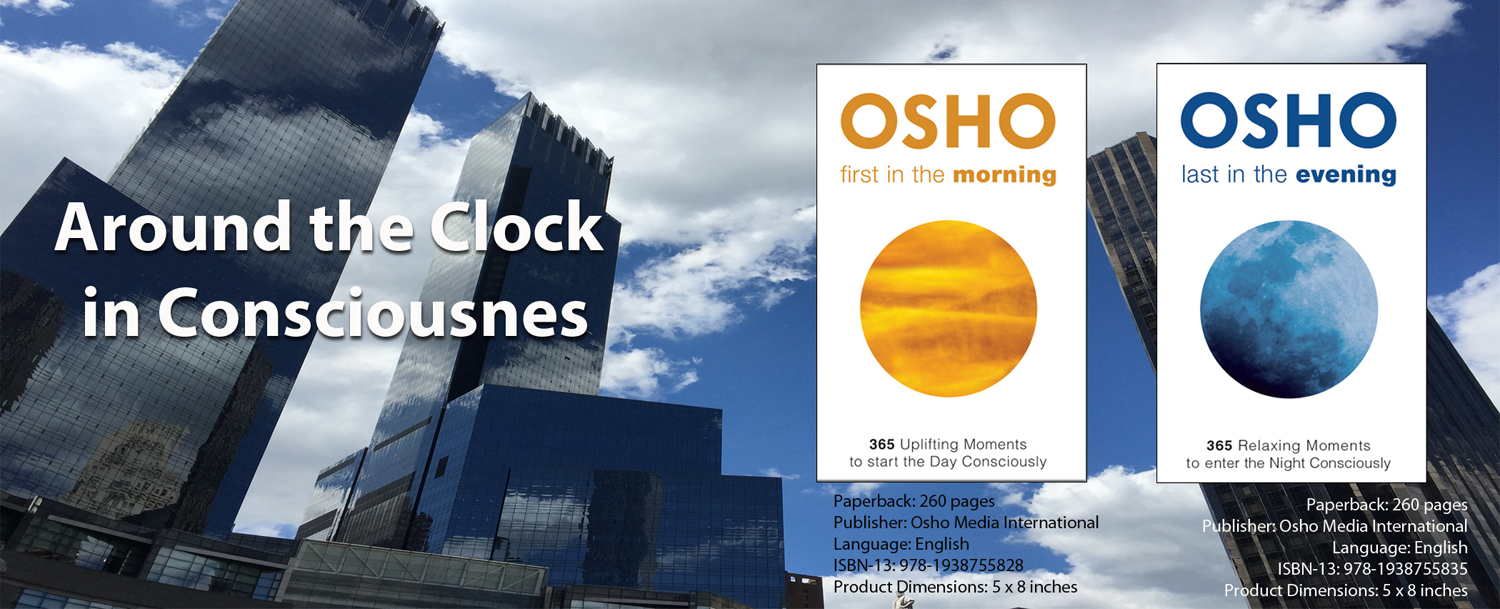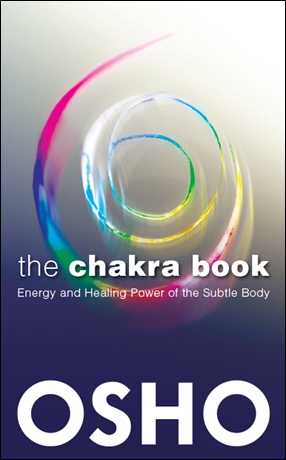EU Intellectual Property Office Confirms OSHO Trademark
Decision In Favor of Osho International Foundation
ALICANTE, SPAIN –On appeal from an earlier decision, the European Intellectual Property Office (EUIPO) once again confirmed on 23rd September 2015 the validity of the European Trademark “OSHO,” as well as ownership of the trademark by Osho International Foundation, Switzerland. (“OIF”) [Appeal No. R199712014-4 OSHO]
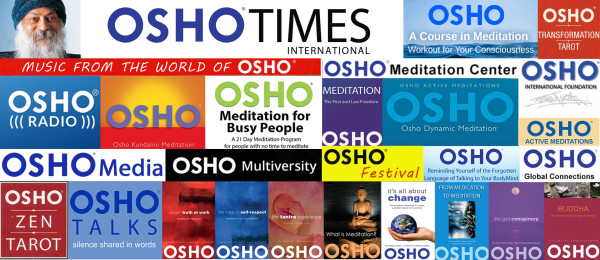
Robert Doetsch, aka Swami Ramateertha, on behalf of Osho Lotus Commune e.V. and supported by a group trying to gain control of the intellectual properties of Osho’s works, had tried since 2010 to invalidate a long-standing and well-known trademark.
Osho has been fighting in courts most of his life to defend his work from disgruntled disciples or from governments and religious organizations trying to destroy him and his work. Here we are 25 years after he left the planet, and still so-called disciples are using worldly courts, government authorities, and legal maneuvers to attack and damage the work of a mystic because they think they know better.
It became evident, from the nature of the submissions filed by Osho Lotus Commune e.V. and Robert Doetsch, that their sole purpose for attacking Osho’s long-registered EU trademark was an attempt to publically damage the integrity, goodwill, and reputation of Osho International Foundation – through repeated, malicious, false, deliberately confusing, and unsubstantiated statements.
The attitude of Doetsch in his fight against the mark OSHO became quite obvious in the wording of one of his legal argument: “The intentions of Osho himself are irrelevant.” He then expanded this argument to claim that even if Osho wanted his name protected, it should not be allowed as he is a “religious figure,” a designation Osho rejected his whole life.
Doetsch had for many years acknowledged and supported the foundation’s trademarks, including the OSHO mark. He then joined a group of dissidents and disgruntled followers with their agenda to steal or destroy the intellectual properties of Osho’s work – copyrights and trademarks. On this point the judges stated that Doetsch and Osho Lotus “has attempted to conceal its long standing association with OIF.”
Doetsch had been hiding from the trademark office his previous close association with the foundation, including the fact that he was for a short time a director of the foundation and was involved during this time with legal matters of trademark registrations and copyright issues. In 1986, when Osho learned that Doetsch was on the Board of the international foundation, he directed his international secretary to immediately secure Doetsch’s resignation from the board of the foundation. Since Doetsch’s resignation at that time, Osho never included him in anything related to the administration or the continuation of his work again.
Osho Lotus and Doetsch further attempted to blur the clear legal distinction between trademarks and copyrights in order to confuse and mislead the (EUIPO) Board by referring repeatedly to copyright throughout the proceedings instead of trademark rights – trying to confuse the two very different issues. This clearly reveals their intentions of using the trademark case to destroy Osho’s intellectual property rights, and OIF role in administering those rights. Doetsch and his associates have publically promoted this agenda of attacking both these legal rights for years.
In its written decision the Intellectual Property Office addressed each of the accusations and fabricated claims made by Doetsch. They firmly rejected each claim on a point by point basis, describing them as irrelevant, insufficient, unfounded and/or based on misconceptions. Osho Lotus Commune e.V. or Robert Doetsch did not provide one shred of relevant evidence that supported their allegations.
In attacking the trademark and going against Osho’s request to protect his name and work, Doetsch tried any and every possible arguments, one of them claiming that OSHO cannot be a protected trademark because it is “descriptive” of a world-view and a complete philosophical system. That was also strongly rejected by the judges: “There is however no evidence that OSHO, beyond being a personal name and a reference to his teachings, has acquired over the years a descriptive meaning….”
Osho requested in 1989 that the Swiss Foundation be renamed to “Osho International Foundation” and that the presentation of his complete work, including his meditations and centers be re-branded “OSHO,” replacing the long standing brand of his previous name. The European Intellectual Property Office specifically acknowledged this by stating: “…the use of terms such as ‘Osho techniques,’ ‘Osho meditation facility,’ ‘Osho Meditation Centers’ by the [Foundation] itself… must be considered as trade mark use, since the [Foundation] operates under the name of OSHO, explicitly aims at promoting the lifework and visions of OSHO and consequently brands all its activities under this mark.”
The judges dismissed unanimously any objections by Doetsch against the use of the mark in “OSHO TIMES,” for “OSHO as author,” “Music from the World of Osho” as well as objections against other word combinations when used for example in advertisements and publications like “Osho Photo Project; Osho Dance Meditation Training; Osho Full Moon Camp; Osho Management Training; Osho Festival;… Osho Celebrations …; Osho Karate-Do; Osho Pulsation Training…”
Statements from numerous meditation teachers and so-called Osho Therapists filed in support of Doetsch were rejected by the judges. The therapists’ statements included either false information and/or they concealed their relationship with the Foundation, the fact that they had signed legally binding documents or were in fact not even using the mark OSHO anymore in their work. Interestingly many of these so-called therapists were financially entangled with Doetsch by working at his institute which was clearly understood by the judges who noted that “the conflict appears to be rather one of economic interests… than one of public policy or morality.” Strongly rejected was also any argument derived from therapists’ statements “that they were unaware of any trade mark rights when using the term OSHO.”
This decision confirms that “OSHO” meets the legal requirements of a trademark, like “distinctiveness” which is required “to identify goods and services” as originating from a particular source, in this case Osho International Foundation, “distinguishing the goods and services from those of other undertakings.” The fact that Osho had given the work of protecting and publishing this intellectual property to the Foundation, putting it under the guardianship of a specific group of people, was attacked by Doetsch as “monopolization” – a characterization completely dismissed by the judges.
Doetsch systematically mislead the trademark office by presenting a totally distorted context of Osho and his work, hiding the fact that practical and publishing aspects of Osho’s work had always been carried out under his guidance during his life-time by a foundation. And that Osho himself planned in detail the continuation of his work with a group of people which did not include Doetsch.
Also rejected were all attempts by Doetsch to repeatedly raise religious arguments, trying to compare “OSHO” to Buddha or other spiritual and mythical figures from the past. By trying to compare Osho to people who lived thousands of years ago, Doetsch tried to mislead and distract the trademark office from the fact that Osho is a modern contemporary, a highly educated person, living in a modern world which has laws and modern publishing and media services available to him; that Osho had his own personal lawyers and legal secretaries; that he initiated foundations and was hands on, personally involved in the publications of his books and works and signed legal documents related to trademarks and the copyrights to protect the integrity of his work.
Yes, while the name of Buddha and Jesus were surely not trademarked in ancient times and cannot be trademarked anymore today, Osho, as an individual of the 20th century, presents his vision and work in a modern world, using all available modern possibilities to protect his work. The Intellectual Property Office explained in this context: “OSHO, cannot be described as the spiritual head of a major world religion” and “equally unfounded is the [Doetsch’s] reliance on the meaning of the word OSHO in Japanese allegedly used to address a Buddhist teacher or monk.” Notable here is that even the Japanese trademark office had no problem to register OSHO as a trademark in Japan.
Doetsch’s claim that the mark OSHO must be freely available for business and activities of people who feel “inspired” by Osho was emphatically rejected by the judges who confirmed that OSHO is not in the “public domain” and therefore is not freely available to people feeling “inspired” by OSHO. They wrote: “Unlike ‘Buddha’, OSHO is not a name that belongs firmly in the public domain.”
The fictitious “moral outrage,” another of Doetsch’s arguments against the OSHO mark, was explicitly rejected by the Fourth Board of Appeal, stating: “There is no reason why a significant part of the public should be offended by the registration of the mark and no evidence that the mark has caused offence over the past 14 years while it was registered.” Even more clearly they state, “The Board finds it difficult to understand how use of the name of a spiritual leader in relation to these services could be considered as offensive by the relevant public.”
The judges also stated that the “argument that registration of OSHO would go against the feelings of his followers… and that public policy demands to respect not only major religions but also religious beliefs of minorities is based on a misconception….”
What is very telling is that none of these people, or anyone else for that matter, seem to have experienced, let alone expressed “moral outrage” or that their feelings were hurt during the twenty years during which Osho’s previous name was trademarked around the world.
The strong and detailed rejection of Doetsch’s attempt to cancel the mark makes it now undoubtedly clear that OSHO is not a name in the public domain, but is a legally protected trademark for Osho’s work. The mark is a valid mark in the 27 member states of the European Union and in 16 other countries around the globe.
With this decision the European Intellectual Property Office has defended the trademark “OSHO” from an attempt to remove trademark protection from Osho’s work – a protection by trademark law which has been in place since the 1970’s.
Osho International Foundation holds, protects, and actively licenses the copyrights of Osho’s works and the brand name OSHO since 1985 and 1989 respectively. Both protective legal concepts of copyright and trademarks were already legally implemented during Osho’s lifetime and have always been the legal framework to his work.
Any claims – as made by Doetsch and his supporters – that Osho wanted his work unprotected and freely available indiscriminately to everyone now, the exact opposite of the way Osho had arranged the management of his work for the twenty previous years, border on incomprehensible at best, and outright malicious at worst. Particularly from people who know exactly the details of those past twenty years. Specifically, it is clear these claims are absolutely false and there is no evidence for them whatsoever.
The decision also clarifies that in the online social media world, accounts and websites which use the mark or author name, OSHO and publish or offer infringing and/or unrelated services or products under the mark “OSHO” are infringements of the valid mark of the Foundation.
The issue of copyright ownership and protection of Osho’s work was also the subject of a similar case in which an Osho disciple tried to challenge Osho’s intellectual property rights. A decision by a US court in the Pat Lear US Copyright case (Case No. No. CV 82-5618), the Central District Court of California in a four-year-long case strongly confirmed copyright protection for Osho’s works and the ownership of these rights by the foundation. In these legal proceedings in 1985, Osho personally testified under oath and confirmed that he had assigned all his copyrights to the foundation.
Both cases explicitly confirmed that the mark OSHO and the copyrights of Osho’s works are not in the public domain, are not freely available for everybody to use or publish without permission of the foundation. This is exactly as his works were managed by the Foundation during Osho’s life, and continue to the present time, all based on his specific and detailed guidance, confirming what Osho put in place to protect the integrity of his work during his life and afterwards: to keep it, as he puts it, “Twenty-four carat gold.”
According to Osho, his transformative work is based on meditation, celebration, creativity, and contribution: overflowing energies that only a human can generate.
Everybody is invited and is welcome to contribute to his work as he has set it up, as an enlightening opportunity for all of humanity.
Osho Lotus Commune e.V. under the leadership of Robert Doetsch has now appealed this decision to the European General Court, claiming that the European Intellectual Property Office made two wrong decisions.
Watch this space.
Syndicated publication from OSHO TIMES International: http://oshotimes.blog.osho.com/2016/03/eu-intellectual-property-office-confirms-osho-trademark/





